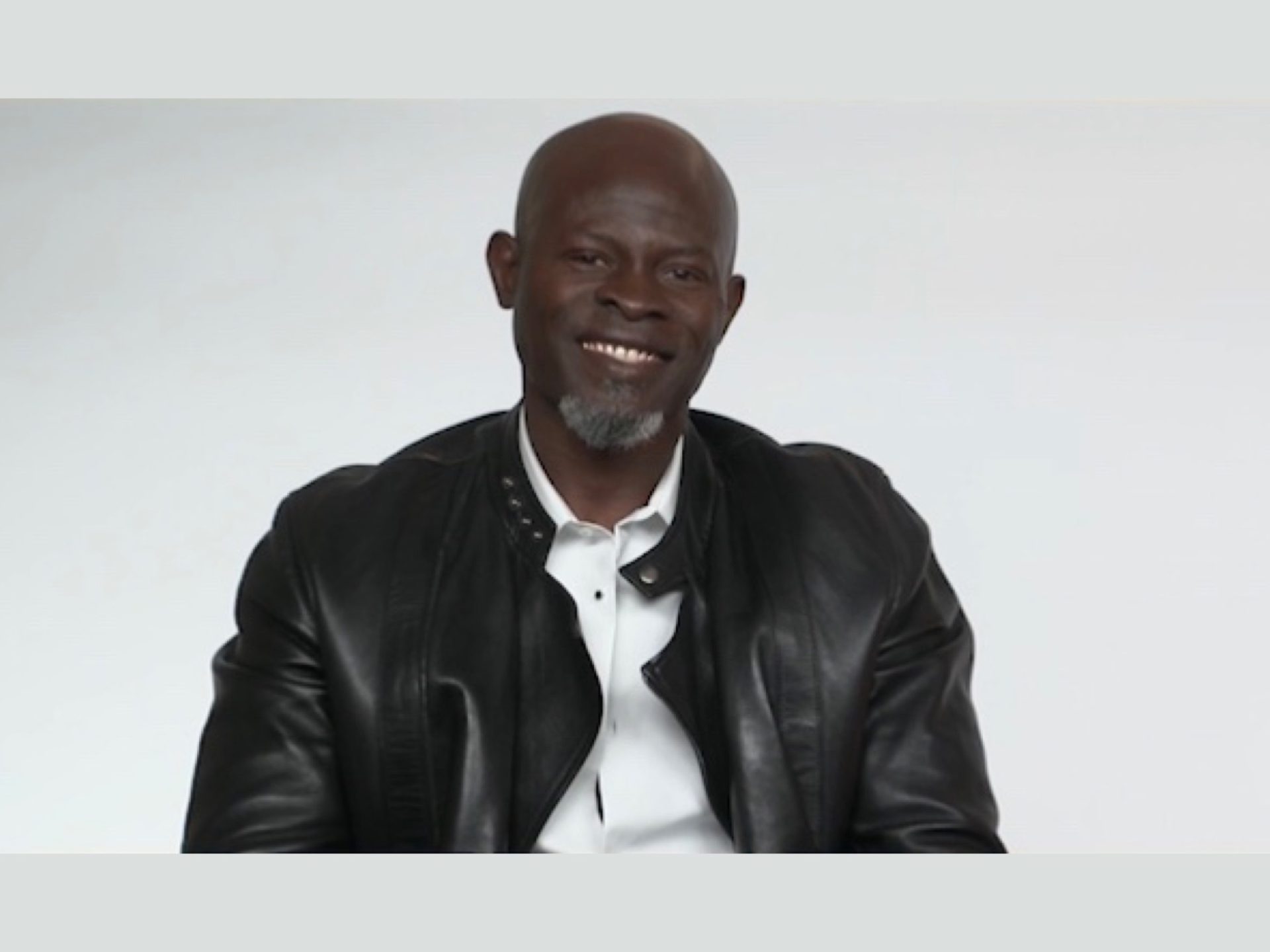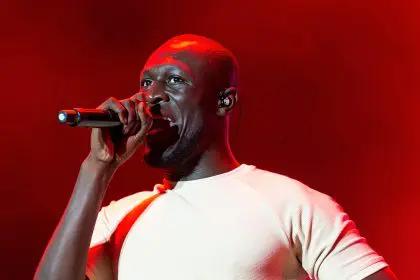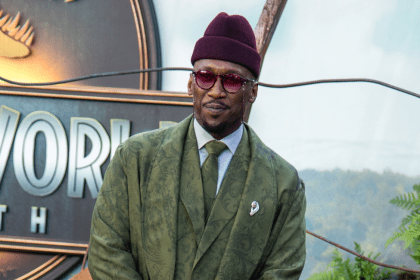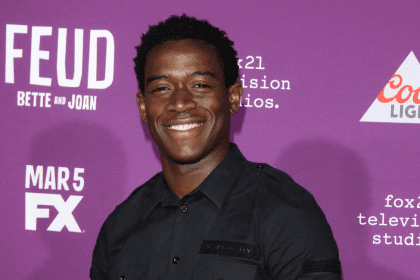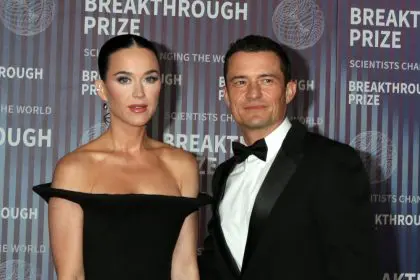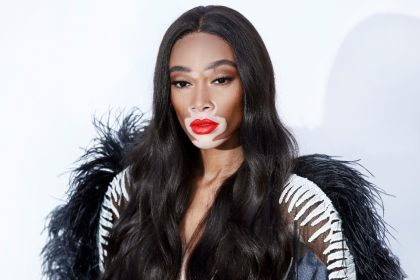Djimon Hounsou is “struggling to make a living” despite his Hollywood success.
The 60-year-old actor started his career more than 30 years ago and received Academy Award nominations for his roles in ‘In America’ and ‘Blood Diamond’ but has now claimed that he is “definitely underpaid” to this day. His career spans over 50 films with a combined box office revenue exceeding $3 billion.
“I’m still struggling to make a living,” he said speaking on CNN’s ‘African Voices Changemakers’. “I’ve been in the filmmaking business for over two decades with two Oscar nominations and many blockbuster films, and yet, I’m still struggling financially. I’m definitely underpaid.” Recent industry studies show that pay disparities continue to affect actors of color, with some earning up to 50% less than their white counterparts.
The ‘Gladiator’ star believes he missed out on the Oscar for ‘Amistad’ in 1997 because he feels as if the Academy didn’t think they need to “pay him any respect” despite his performance on screen. The film, directed by Steven Spielberg, earned critical acclaim and grossed over $44 million at the box office.
“I was nominated for the Golden Globe, but they ignored me for the Oscars because they thought that I had just come off the boat and the streets,” he said. Studies show that only 6% of Oscar nominations in the past decade have gone to actors of African descent.
“Even though I successfully did that, they just didn’t feel like I was an actor to whom they should pay any respect. This conceptual idea of diversity still has a long way to go. Systemic racism won’t change like that anytime soon.” Recent research indicates that only 12% of leading roles in major studio films go to actors of color.
The actor previously claimed that he still has to “prove” to move executives why he deserves to be paid higher than what is often offered to him. Industry data shows that salary negotiations for actors of color typically start 15-20% lower than industry averages.
“I still have to prove why I need to get paid,” he told The Guardian. His extensive filmography includes roles in major franchises such as Marvel’s ‘Captain Marvel’ and DC’s ‘Aquaman’.
“They always come at me with a complete low ball: ‘We only have this much for the role, but we love you so much and we really think you can bring so much.'” This practice of lowballing actors of color has been documented in several industry reports over the past decade.
“Viola Davis said it beautifully. She’s won an Oscar, she’s won an Emmy, she’s won a Tony and she still can’t get paid.” Davis, like Hounsou, has been vocal about the persistent pay disparities in Hollywood despite critical acclaim and commercial success.
Hounsou’s comments come at a time when the entertainment industry is facing increased scrutiny over its compensation practices. A recent study by the USC Annenberg Inclusion Initiative found that pay disparities persist even among acclaimed actors with similar experience levels and box office success.
The actor’s career trajectory, from his early modeling days in Paris to becoming a Hollywood fixture, spans multiple decades of industry evolution. Despite starring in films that have collectively grossed billions worldwide, including ‘Furious 7’, ‘Guardians of the Galaxy’, and ‘Shazam!’, Hounsou’s experience highlights ongoing challenges in Hollywood’s pay structure.
Industry experts note that such disparities affect not only on-screen talent but also extend to behind-the-camera roles, where people of color are often underrepresented in high-paying positions. Recent initiatives by major studios to address these issues have shown limited progress, with systemic changes moving at a slower pace than many industry observers had hoped.

